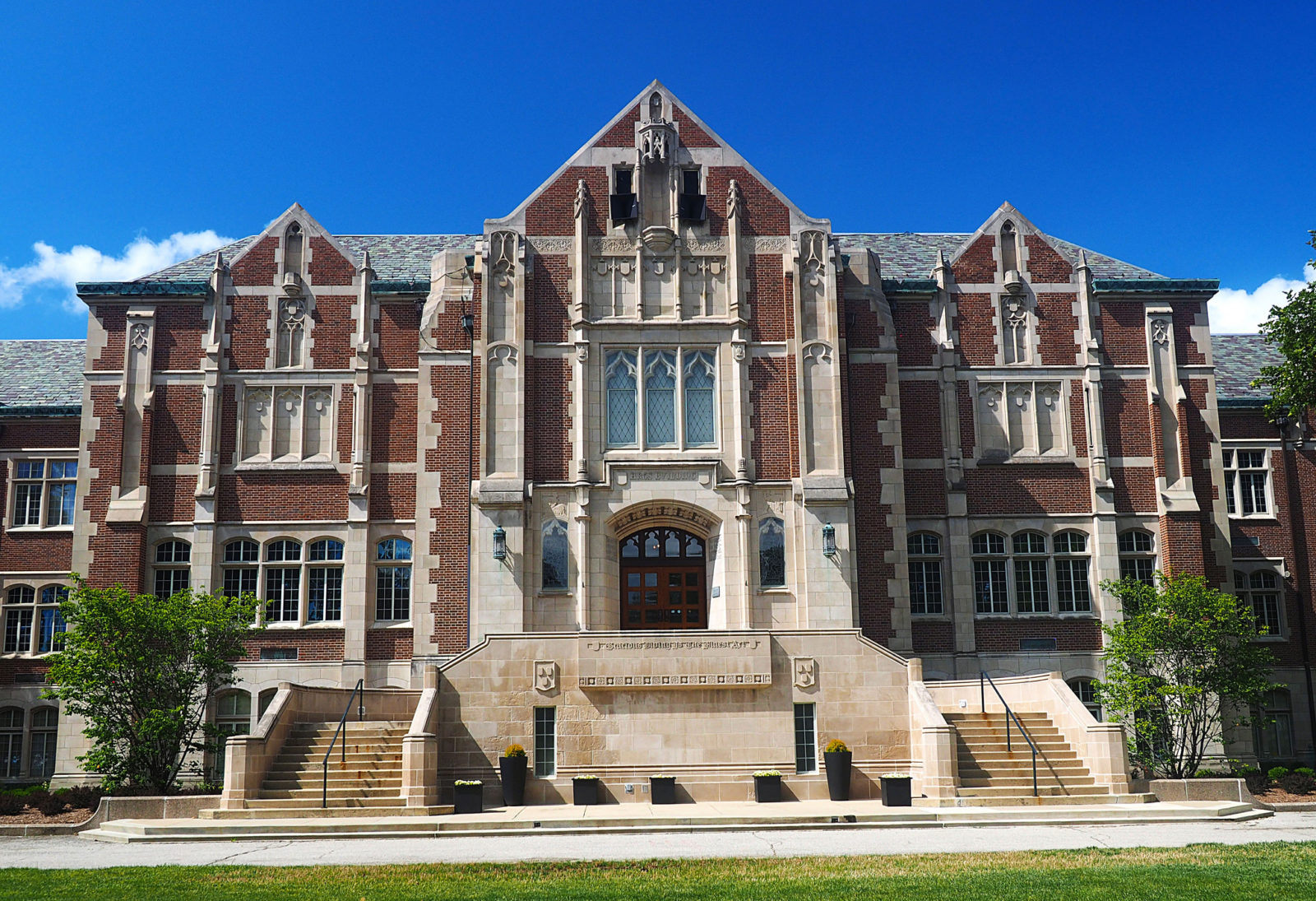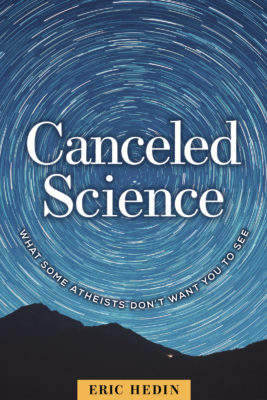Investigated, Silenced, Course Canceled

Up until 2013, physics professor Eric Hedin taught an interdisciplinary honors seminar at Ball State University (BSU) called Boundaries of Science.
This was not a straight physics or cosmology class, but an elective interdisciplinary course designed to “emphasiz[e]… the relationships of the sciences to human concerns and society,” and it explored scientific evidence for intelligent design, among other topics related to science and faith. The course bibliography included materials from scholars who both supported and disagreed with intelligent design. These individuals spanned the faith spectrum. Hedin had prepared the class in accordance with university regulations through the usual processes.1
However, biologist Jerry Coyne and the Freedom From Religion Foundation caught wind of this and complained in a letter to the president of BSU, accusing Hedin of proselytizing and teaching Christianity. Their sources were anonymous complaints found on RateMyProfessor.com, which has no verification for whether a reviewer actually took a Professor’s courses or not. But comments about Hedin’s class submitted to BSU by his actual students painted a far different picture. One student wrote:
I’m an agnostic and I find absolutely nothing wrong with his teachings… as far as intelligent and thought-provoking discussions go, it is one of the most INNOVATIVE classes I have had during my time at Ball State… There is nothing wrong with this class, and I would recommend it to anyone, no matter what their religious beliefs are.
Violating its own procedures, BSU appointed a special ad hoc committee stacked with hostile faculty to investigate Hedin. Despite receiving a petition signed by more than 7,000 people urging BSU to defend Hedin’s academic freedom, the university ultimately cancelled Hedin’s course.
Professor Daniel Murphy, an official with the Indiana branch of the American Association of University Professors (AAUP) rebuked BSU for failing to follow its own stated standards in its treatment of Hedin:
Provost Terry King ignored BSU’s faculty governance structure… Hedin never received a hearing before his peers in a forum laid down by the BSU faculty handbook. The actions of King and the BSU administration violate the principles of shared governance and academic freedom long defended by the AAUP…King’s actions stand as a dangerous precedent and cast a chill over academic freedom at Ball State.2
BSU’s president also issued a statement announcing that intelligent design “is not appropriate content for science courses” and even arguing that faculty in non-science courses could not express their endorsement of the idea. This action was a 180 degree change from a similar case at Ball State in 2004, when Professor George Wolfe faced scrutiny for a peace studies course in which students were given extra credit for participating in protest against the US Iraq war. The provost quickly dealt with the complaint, supporting Wolfe. Yet Hedin found himself vilified and unprotected.
Discovery Institute filed protests with BSU, asking for an investigation into whether Hedin was being treated according to the same standards applied to other faculty and suggesting that a double-standard was in play. The Institute argued in a letter sent to BSU’s president:
Your effort to censor speech by faculty who support intelligent design is a betrayal of the principles of free inquiry. Academic freedom means nothing if it does not protect the rights of faculty who espouse minority opinions… The issue is whether BSU is willing to comply with the academic freedom provisions of its own governing documents, provisions that are supposed to be the heart of the modern university.
In the spring of 2014, four Indiana legislators, including the Chair of the Senate Education and Career Development Committee, sent a letter raising concerns and demanding answers from the university administration:
We are concerned about whether improper procedures were followed while investigating Professor Eric Hedin’s course, and whether an ad hoc committee appointed to investigate him was filled with persons with conflicts of interest, who were predisposed to be hostile to his viewpoint… We are also concerned about the cancellation of Hedin’s class and the policy you announced last summer restricting faculty speech on intelligent design. We are disturbed by reports that while you restrict faculty speech on intelligent design, BSU authorized a seminar that teaches ‘Science Must Destroy Religion.’ Your policy banning professors from expressing their views on intelligent designraises many troubling questions. One of the most important is: Does the policy forbid science professors from explaining either their support or rejection of intelligent design in answer to student questions about intelligent design in class?
The continuing public outcry as well as the intervention of state legislators may have saved Hedin’s job. Though Hedin’s future looked uncertain at the time, he earned tenure in the spring of 2016.
Listen to a series on academic freedom and the Hedin case from the Michael Medved Show.
1 Thomas Robertson, chairman of the Department of Physics and Astronomy at Ball State University told Inside Higher Ed:
“The information provided to me by Jerry Coyne contains nothing in addition to information that has been in my possession for some time. The syllabus published was approved by our department Curriculum and Assessment Committee. We review faculty performance regularly through student and peer/chair evaluations. I receive complaints and concerns from students familiar with faculty performance in their classes and investigate when appropriate. Given the totality of information available to me at this time, I do not share the opinions expressed on the web sites cited below. We will continue to monitor our faculty and their course materials and practices and take appropriate action when deemed necessary.”
2 Daniel Murphy, “Ball State fails to follow proper procedure,” August 21, 2013, http://www.thestarpress.com/article/20130822/OPINION/308220047 [no longer available on the web].

